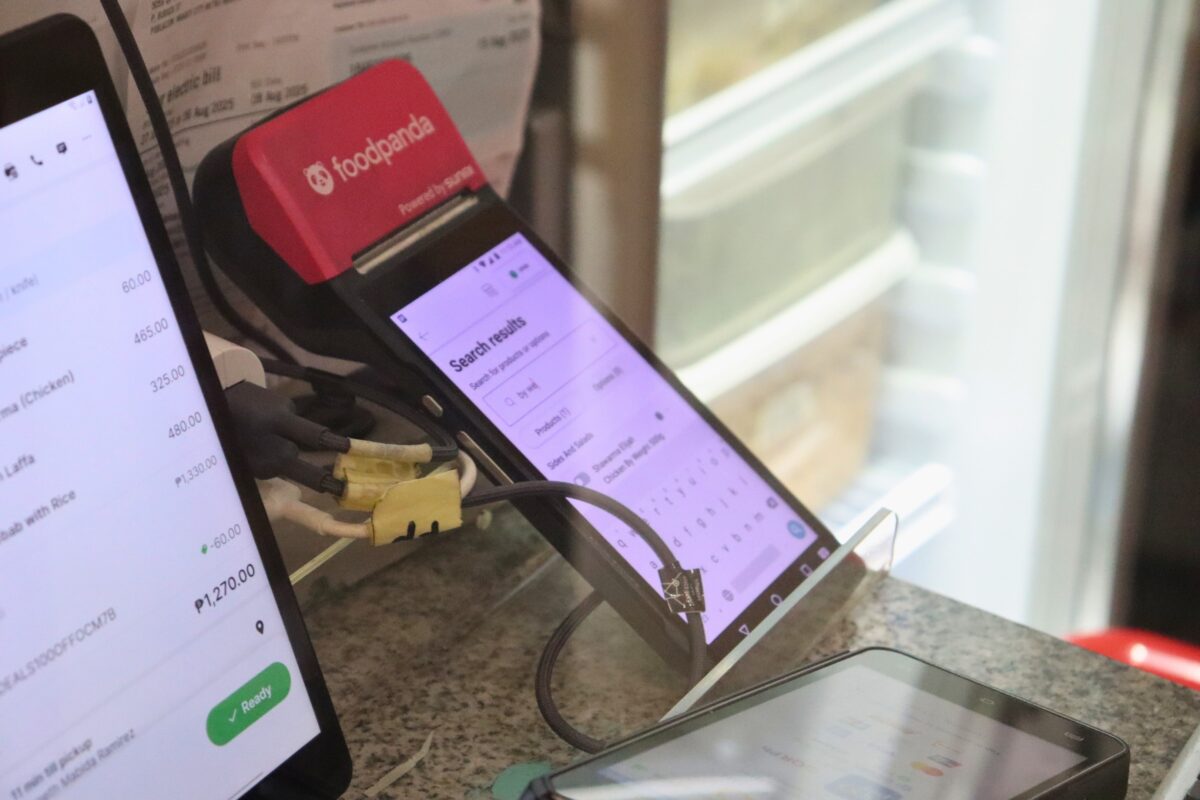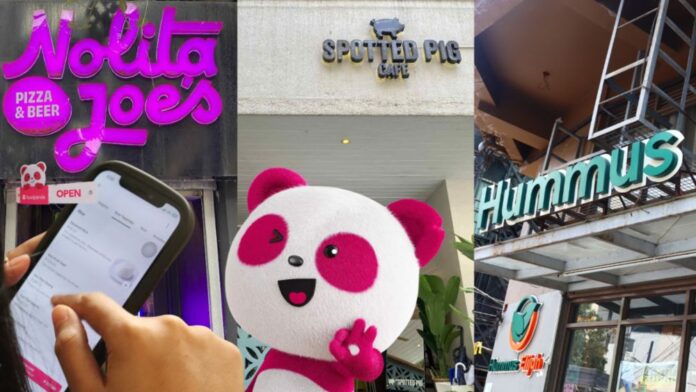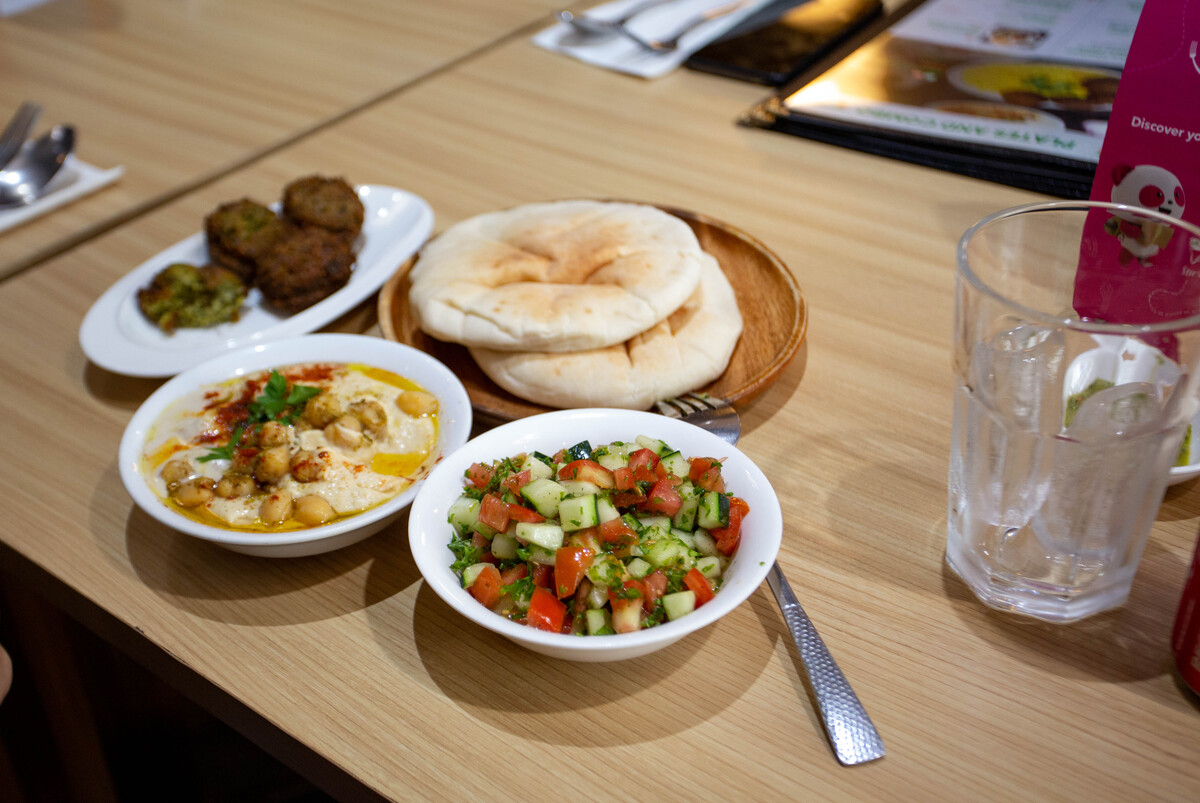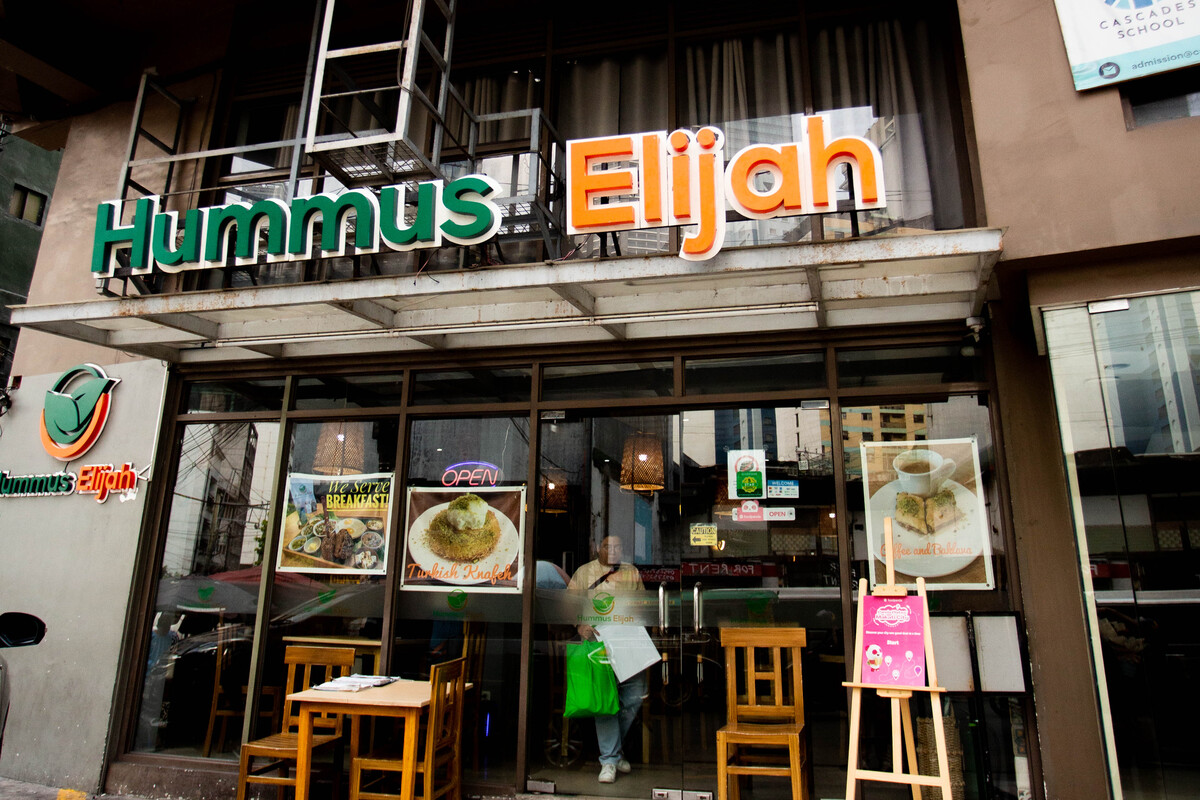“Someday, I will open my own restaurant.” For some Filipinos, this kind of thought is merely the stuff of daydreams; for others, it’s the starting point for turning dreams into reality. Indeed, many enterprising foodies have turned their culinary passion into a business venture and are now part of the ever-growing community of micro, small, and medium enterprises (MSMEs) that make up 99% of all local businesses in the Philippines.
As many MSME owners—food-related or not—will attest, the road to success is far from easy, filled with challenges, surprises, and even heartbreaks. For local entrepreneurs carving out their place, the odds can be daunting—more so when the competition includes bigger, established names.
With the pandemic serving as a catalyst for rapid digitalization, MSMEs found new ways to reach new and bigger audiences. For restaurants, the newfound gateway to business success was online delivery. “The rapid rise of food delivery and e-commerce apps during the pandemic was no coincidence,” remarked Lhecks De Castro, finance director of foodpanda Philippines. “As everyone had to stay indoors by default, these online delivery platforms became a lifeline for consumers to get food and other essentials; and a lifeline for restaurants to sustain their businesses even with zero foot traffic.”


“More than half a decade later, we have seen many of these independent businesses flourish, and even with malling and dine-in returning once again to Filipino culture, we see that online delivery has now become an integral part of the lives of consumers and restaurants alike,” De Castro added.
With thousands of vendors across the country– many of which are MSMEs– currently in the foodpanda platform, they are able to reach new digital customers, generate additional revenue streams, and adapt to changing consumer habits. For many independent businesses, joining foodpanda marked their first step into e-commerce, helping them establish a strong digital presence that could compete even against larger chains.
Hummus Elijah
One of these vendors is Hummus Elijah, which set up shop in Makati in 2015. A local favorite in the Poblacion area, they joined foodpanda in the same year. “Working with foodpanda has been a huge boost,” said Eli Lapid, founder and owner of Hummus Elijah. “Although we have our regular dine-in patrons, online delivery allows us to reach customers who prefer to eat in their homes or condos, especially during rainy days, as well as office workers in the business district who want to order from us during lunch break. It also helps us to get discovered by non-Makati residents, such as those on staycations or expats on business trips.”
Eli also shared that because of foodpanda, they’ve been able to cater to customers across Metro Manila—something that would have been difficult to achieve through eat-in service alone.
That kind of expanded reach and growth potential is a game-changer for the likes of Hummus Elijah, as well as fellow foodpanda vendors such as Spotted Pig and Nolita Joes, which are also beloved food spots in Makati.
Spotted Pig
For Spotted Pig, joining foodpanda meant bringing their Siargao-born menu to a new audience in the city. “When we were starting in Manila, foodpanda really helped us be known in the market,” said Isabella Alvarez, owner of Spotted Pig.
The platform also gave them the opportunity to introduce their island flavors to new customers and build a following even before many had the chance to visit in person.
This kind of visibility is what De Castro points to as a major advantage for MSMEs. “With foodpanda, independent restaurants have the opportunity to access powerful tools such as targeted ads and promotional campaigns, just like bigger brands.These services help small businesses increase their visibility and attract more customers.”
While MSMEs such as Hummus Elijah have successfully crossed over from a niche market to a much bigger one, thanks to foodpanda, many others are still hesitant. Some lack the extra funds needed for expansion or new investments, keeping them from taking the plunge.
Access to Capital
Recognizing that access to capital is a major barrier for small businesses, foodpanda has introduced innovative financing programs like foodpanda Capital. This performance-based program offers simplified requirements, no collateral, and transparent terms—providing much-needed financial support for MSMEs.
“We know fully well how difficult it is to start and sustain a business, especially when it comes to securing the capital that they need to grow,” said De Castro. “We designed these financing programs precisely with the mom and pop stores in mind– to help them turn into the next big restaurant that many Filipinos can enjoy.”

“Ultimately, foodpanda’s vision is to help the MSME sector achieve sustained growth and resilience. We want to empower small businesses to scale operations, create more jobs, and contribute to the economy,” De Castro concluded. “By doing so, it’s a win-win for everyone– for the customers, partner vendors and freelance delivery riders, as well as the communities where we operate.”
For restaurants and other MSMEs interested in signing up with foodpanda, they may visit this link.







